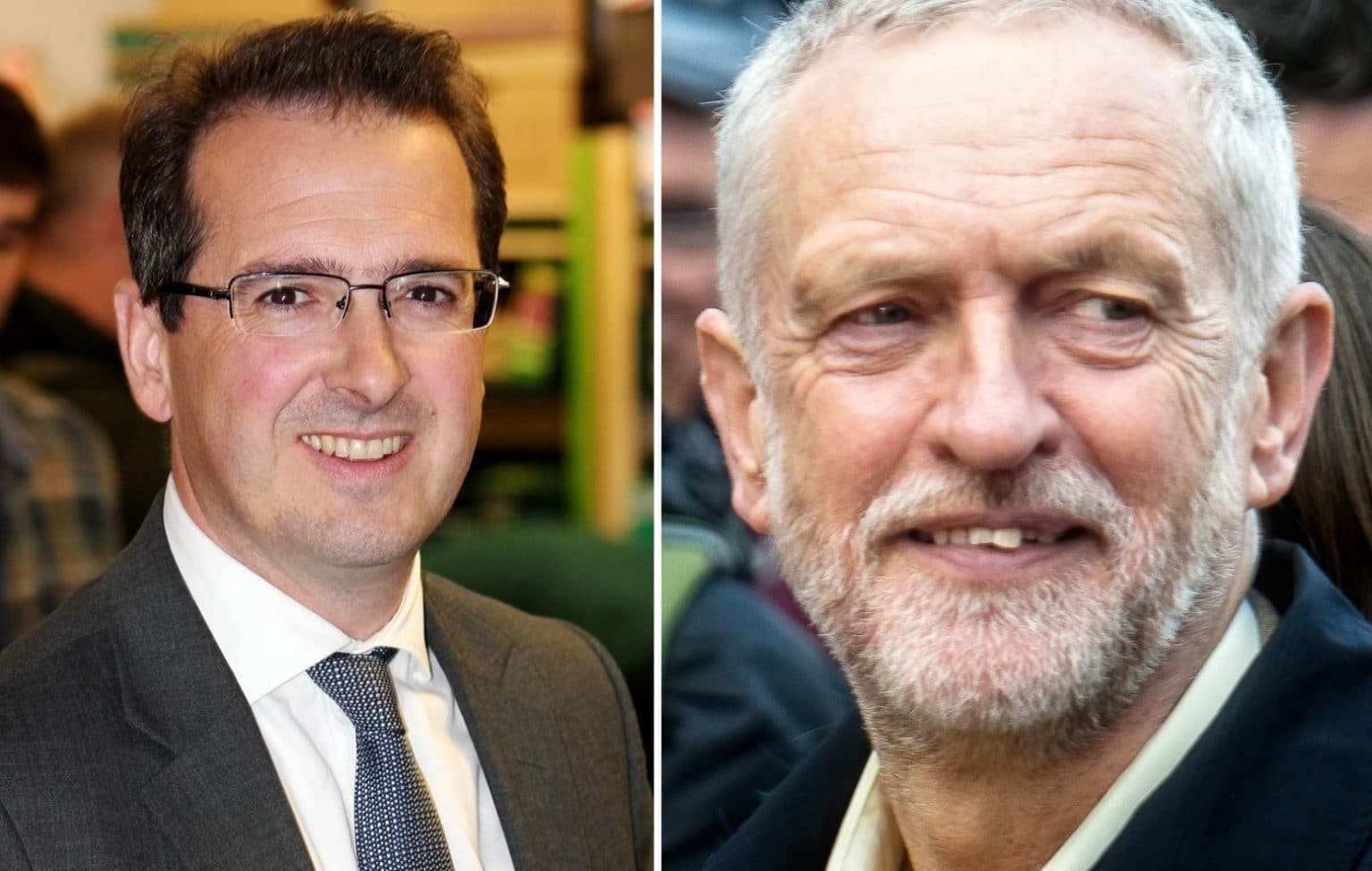This week around 500,000 UK Labour Party members can start voting for either Owen Smith or Jeremy Corbyn to become the next Labour leader.
With campaign coverage largely focused on Labour infighting, policy issues such as housing, low pay, and climate change have had little attention.
In an effort to have the candidates address climate and energy policy, Labour’s environment campaign, SERA, has now sent a series of questions to both Smith and Corbyn touching on everything from the Paris Agreement to green jobs and clean air.
So where do the two stand on green issues? DeSmog UK takes a look:
Leadership hustings
During last week’s hustings debate in Gateshead, both candidates were asked “What policies and proposals will you put in place to meet Britain’s international obligations on climate change while addressing the emerging crisis in energy supply.”
Corbyn pointed to innovative technology, giving the example of houses in his borough “that are heated by spare heat that comes out of the London underground system.”
He also mentioned how Scotland had generated more electricity from wind than the country uses in a single day on 7 August, adding “we need to invest far more in renewables in all areas” and emphasising “the need for an environmental approach which is also about sustaining our biodiversity and our ecosystems.”
Smith followed, stating: “We’ve got to do more on renewables, we’ve missed the boat in so many ways”. He also emphasised new technology such as hydrogen fuel cells.
Smith continued: “I’d think about having a nationalised renewables company. If it makes sense for private companies to invest enormous events over 100 year period in for example harnessing wind and wave power in this country, why should the government not do that. That’s the sort of big idea for one of the big challenges we face. “
Smith on Energy Efficiency
Only one of Smith’s 20 “radical policy pledges” touches upon climate. It pledges “to end the scandal of fuel poverty by investing in efficient energy.”
However, Smith’s campaign launch, held in the week after Theresa May became Prime Minister, saw him pledge to reinstate the Department for Energy and Climate Change (DECC). He criticised May’s post-Brexit claims of “looking to the world” while “we at home are not going to do our part to meet the great challenges we all face across the world of climate change.”
If Labour were to come to power, Smith pledged “every single Department across government to have to think about what it is going to do to produce a low-carbon future and make sure that we’re doing our bit to solve the world’s crisis on climate change.”
Corbyn and Climate
One of Corbyn’s 10 leadership pledges is much more explicit on climate than Smith’s: “action to secure our environment.”
“We will act to protect the future of our planet,” it states, “with social justice at the heart of our environment policies, and take our fair share of action to meet the Paris climate agreement – starting by getting on track with our Climate Change Act goals.”
“We will accelerate the transition to a low-carbon economy, and drive the expansion of the green industries and jobs of the future, using our National Investment Bank to invest in public and community-owned renewable energy.“
“We will deliver clean energy and curb energy bill rises for households – energy for the 60 million, not the big 6 energy companies. We will defend and extend environmental protections gained from the EU.”
Last year during the leadership race, Corbyn in an interview with Energydesk, indicated support for large scale renewables, outlined his opposition to fracking and new nuclear, and said that there was a case for coal so long as emissions could be captured.
In Parliament
Smith has never spoken about climate change in his six years in Parliament according to TheyWorkForYou.com. Corbyn on the other hand, has spoken far more in his 23 years, speaking often and organising debates since the late ‘80s.
Smith and Corbyn have a similar record when voting on the environment in Parliament, with both “generally voting for measures to prevent climate change and financially backing low carbon electricity.” Both also have a mixture of votes for and against stronger fracking regulation.
Photo: Wikimedia Commons and Flickr
Subscribe to our newsletter
Stay up to date with DeSmog news and alerts






